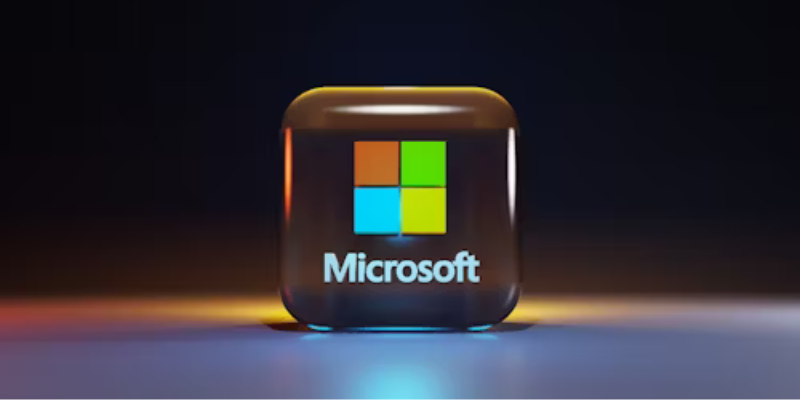A $1 billion investment by Microsoft and G42 in Kenya is being investigated because of concerns about national security and connections to Chinese companies.
TakeAway Points:
- Microsoft and G42 of the United Arab Emirates unveiled a $1 billion project in Kenya that includes a geothermal data centre, in an effort to increase US influence in Africa.
- Microsoft’s $1.5 billion investment in G42 raises questions about national security because it is conditional on severing relationships with Chinese companies and poses cybersecurity dangers.
- Uncertainty surrounds the approval of Nvidia H100 chip shipments to the Middle East, which could affect US leadership in AI development in the face of competition from China.
Microsoft and G42 to Invest $1 Billion in Kenya
In May, Microsoft Corp. and G42, an artificial intelligence firm from the United Arab Emirates, announced a $1 billion investment in Kenya, including a geothermal-powered data center. This deal, negotiated with input from the US and UAE governments, coincided with a summit in Washington between President Joe Biden and Kenyan President William Ruto.
The project is seen as a potential model for government-business partnerships aimed at expanding US influence in the Global South, particularly in Africa and Central Asia, where China has a strong presence. Microsoft and G42 plan to collaborate on multiple projects in the coming years, leveraging the UAE’s regional ties.
National Security Concerns
Despite the potential benefits, there are growing concerns in Washington about the national security implications of the Microsoft-G42 partnership. The deal includes a $1.5 billion investment by Microsoft in G42, contingent on G42 cutting ties with Chinese companies.
However, Pentagon officials are skeptical about G42’s ability to fully sever its connections with China. Additionally, Microsoft’s recent cybersecurity issues have raised fears that foreign powers could access sensitive US networks. There are also concerns about shipping advanced AI technology to Gulf states with questionable human rights records.
The most immediate issue is whether to approve shipments of Nvidia Corp.’s H100 chips, which are crucial for AI data centers, to the Middle East. Some officials view this as a significant risk, akin to nuclear proliferation. The Biden administration has slowed license approvals for high-volume AI chip shipments to the Gulf, and it remains unclear if these approvals will be granted. US officials hope to reach a consensus in the coming months.
Implications of the Microsoft-G42 Deal
The resistance to the Microsoft-G42 deal could hinder US efforts to lead in AI development, a key front in the ongoing competition with China. US officials aim to ensure that American firms, rather than Chinese rivals, benefit from Gulf states’ ambitions to build AI projects.
By offering access to American technology, they hope to persuade Middle Eastern states to cut ties with Beijing.
“We’re working closely with the National Security Council and Department of Commerce, and US national security will continue to be a principal priority,” said Microsoft spokesperson David Cuddy.
The US government has a history of partnering with big businesses to extend its geopolitical reach, and the Biden administration is no exception. However, these efforts often pale in comparison to Chinese investments in developing countries. For instance, the India-Middle East-Europe Economic Corridor and the Lobito Corridor rail project have faced criticism for their focus on resource extraction rather than sustainable business.



































